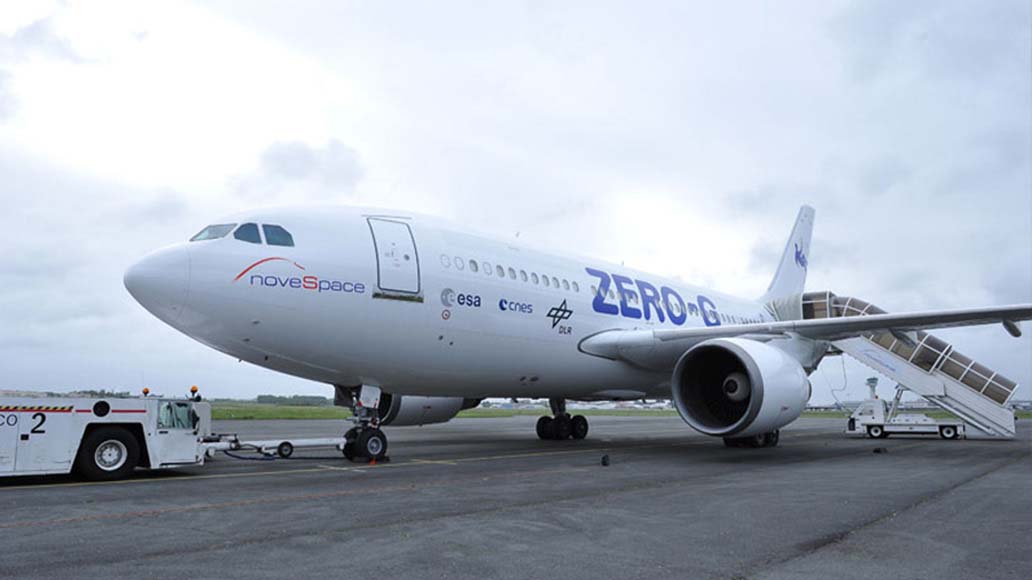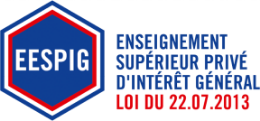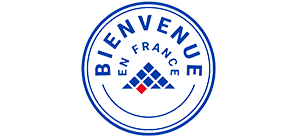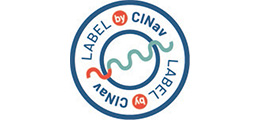Parabolic weightlessness flight with the CNES for an ESTACA project

A group of students from the ESO association (ESTACA Space Odyssey – the school’s aerospace club) was selected to participate in the next CNES Novespace parabolic flight campaign.
Each year, three projects are chosen enabling students to board the Airbus A310 Zero G to conduct a scientific experiment. The ESTACA engineering students’ project caught the attention of the jury this year to participate in the next flight scheduled for autumn 2021.
Parabolic flights for experiments by space students
Every year, the CNES holds a competition for students wishing to design and conduct experiments in near-weightlessness conditions on board the Airbus A310 Zero G. In 2021, students from Paris Diderot, ISAE-ENSMA and ESTACA were selected and will have the privilege of conducting their experiments on board. To achieve weightlessness, the aircraft follows a bell-shaped trajectory during these so-called “parabolic” flights. During the same flight, the A310 Zero G does about thirty parabolas of 22 seconds each during which the occupants are weightless and can carry out their experiments.
Experiments in zero-G
Beyond the incredible experience of being weightless and floating in the air to sit or walk on the ceiling like an astronaut, these parabolic flights are used above all to conduct experiments. It may be analyzing the properties of certain fluids, observing the behaviour of materials at high temperatures or testing devices and equipment intended to be sent into space. ESTACA students proposed a project on Experimental Studies on Rayleigh-Benard Instabilities in Weightlessness (EIRBI). These instabilities or Rayleigh-Benard cells are formed by natural convection (the movement of water in a pan being heated, for example). The aim is to prove experimentally that natural convection exists in microgravity. The four students, passionate about space, are carrying out this project outside of their course, thanks to the help of their scientific tutor Ahmed Benabed, a teacher-researcher at ESTACA, and with the support of the School’s Research Department. The students have several months ahead of them to prepare their experiment, which they will test during the autumn 2021 flight campaign.














